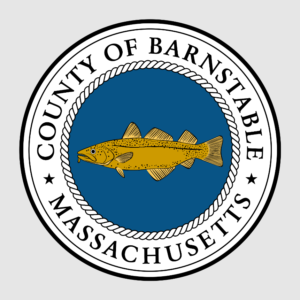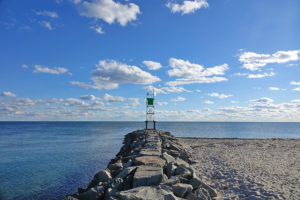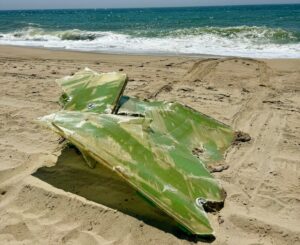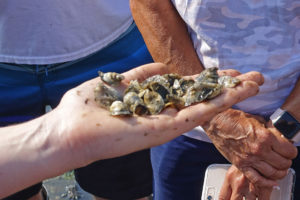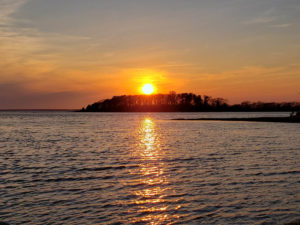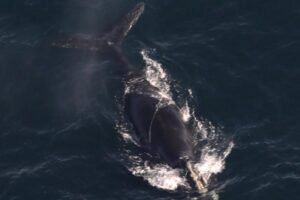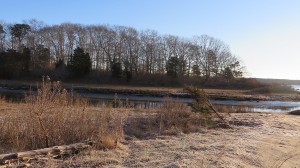
CCBMEDIA PHOTO
Gooseberry Island is a 4-acre undeveloped piece of land just offshore in Popponessett Bay in Mashpee.
MASHPEE – The Mashpee Conservation Commission voted unanimously last night to deny an application to build a 200-foot traffic bridge between Gooseberry Island and the mainland.
The denial came at the recommendation of Mashpee Conservation Agent Andrew McManus.
About 30 to 40 Mashpee tribal members were in attendance and applauded the decision.
They have an oyster grant in the area of the proposed bridge.
Wampanoag Tribal Council Chairman Cedric Cromwell issued a statement on the decision.
“I am extremely pleased with the decision of the Mashpee Conservation Commission to deny a permit that would have turned a public resource into a driveway for the exclusive benefit of a private developer.
“The proposed bridge to Gooseberry Island would have caused significant harm to a thriving aquaculture farm we have been licensed to harvest since the 1970s. I not only want to thank the Conservation Commission for making the right decision, I also want to thank all of the Tribe members who made their voices heard, especially the expert input provided by the Mashpee Wampanoag Tribal Natural Resources Department.
“This is a great example of how our Tribe and the Town of Mashpee can come together around issues of common interest and work together to preserve the unique features of Mashpee,” Cromwell stated.
After the hearing, Mashpee Wampanoag Tribe member Darryn Frye said the tribe was pleased with the decision. He said the oyster farm is really just getting started, having been set up a couple years ago. But, he said, the tribe is hoping the farm will eventually supply oysters to restaurants and wholesalers.
Tribe members were concerned about how the bridge construction would affect the oyster farm.
“The pilings, the drilling for the bridge would have a huge affect on soft shell crabs and shellfish in that area,” he said.
Shellfishing is crucial to the tribe’s lifestyle, he said. “It’s heritage. Our ancestors have been doing it for a long time, shellfishing. The elders when I was growing up always fished, and I got to fish with them, carry the baskets, while they were plunging, raking. It’s huge because it’s who you are as a person. It’s who we’ve been for over 400 years as a tribe,” he said.






